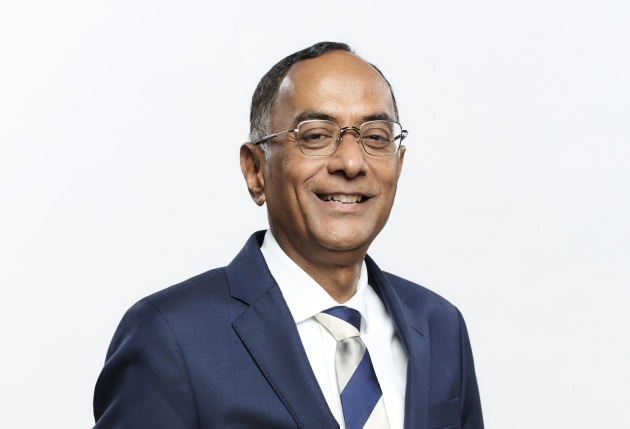Against the backdrop of Covid challenges, volume growth in Pact's packaging and sustainability segment was strong in the full year, in which the Group saw its revenues fall by three per cent, with net profit down by one per cent, although underlying profit rose by 28 per cent.
Group revenue was $1.76bn, down by $50m on the previous year, with net profit after tax down by $1.3m to $87.5m. Underlying net profit after tax rose by $20.3m to $93.5m. The company saw stronger demand in agricultural and industrial sectors in Australia and New Zealand compared with the previous year.

Pact Group managing director and CEO Sanjay Dayal, said, “Volumes in key segments improved, and we delivered solid growth in underlying earnings and margins. Cashflow increased and gearing reduced. These results demonstrate the great progress we are making in the delivery of strategy and our vision to lead the circular economy.”
Dayal said Pact delivered strong volume growth in closures, in the packaging and sustainability segment, underpinned by the consolidation of its regional platform in Asia, noting that Covid continued to provide a “challenging” environment in the region.
The CEO pointed to Pact’s progress in developing the circular economy, saying, “Volume was also supported by contract wins underpinned by our circular economy credentials and growing demand for sustainable packaging.”
The company’s USA reuse services performed above expectation, and it continued to increase penetration of pooling in the fresh produce sector. It also had a major new contract win in Europe.
The hand sanitiser segment cooled, with Dayal saying demand had “normalised”, with the division – which is up for sale – reporting a 24 per cent fall in revenues, down by $24m for the year, as the Covid focus switched to face masks and vaccinations.
Commenting on the company’s position Dayal said, “Operations in our Australian packaging business have stabilised, and margins are improving. Our new operating model, strong leadership, and investment in platform capability, are delivering improvements in operational performance, safety, quality, and delivery. We have developed detailed segment strategies which are guiding our investment decisions and will continue to drive growth in margins. We are targeting to return margins in our Australian packaging business to global industry standard by 2025.”
However, it is recycling that the company is clearly focused on. Dayal said, “A national network of plastics recycling infrastructure is critical to an effective local circular economy, and Pact is leading the industry through investment in scaled solutions. We are collaborating with recognised industry participants to gain access to important waste streams needed for recycling, and to secure offtake of recycled products.
“We recently announced plans to construct two new plastics recycling facilities, which together will lift Australia’s recycling capability by 40,000 tonnes. These facilities will complement our new Albury plant, which will be commissioned by the end of this year, and several other projects that are under evaluation.”
The new Albury recycling plant is a three-way venture between Pact, Cleanaway and Asahi Beverages, and is due to open by Christmas.
Pact has 78 facilities around Australia, and some 3000 staff. It is 44 per cent owned by Raphael Geminder, who created it in 2002 from purchasing and stitching together several underperforming Visy assets. Dayal was brought in two and a half years ago to lead a turnaround in the business, after a series of profit downgrades from what was then a company with more than 100 facilities.






